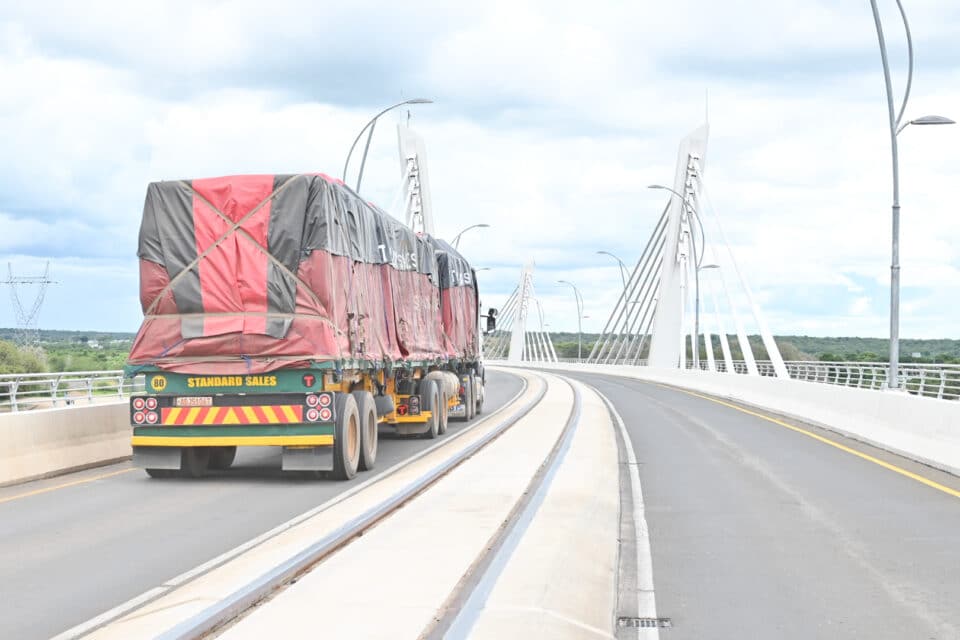Zambia’s Minister of Transport and Logistics, Frank Tayali, has reiterated the country’s strong commitment to the United Nations Group of Landlocked Developing Countries (LLDCs), underlining Zambia’s strategic focus on logistics as a critical tool for overcoming geographical constraints. Speaking at the Third United Nations Conference on Landlocked Developing Countries (LLDC3), currently taking place in Awaza, Turkmenistan, from August 4 to 8, 2025, Tayali shared Zambia’s vision to transform its landlocked status into a platform for regional economic integration and global trade competitiveness.
During a high-level dialogue themed “Building Sustainable Infrastructure, Strengthening Connectivity, and Promoting Unfettered Transit Systems for LLDCs,” Tayali called on the international community to unite in addressing the persistent challenges faced by landlocked nations. He stressed the need for inclusive development strategies that prioritize reliable and efficient logistics systems. “We must all hold hands in this journey, so that together we can attain development, secure adequate resources, and ensure efficient connectivity for all,” he said. He acknowledged the critical support Zambia had received from the United Nations and its partners during the implementation of earlier development frameworks, namely the Almaty and Vienna Programmes of Action. However, he admitted that Zambia had not fully met the goals of those initiatives, which makes the new Awaza Programme of Action especially vital.
Tayali expressed confidence in the Awaza Programme, noting that its five key priority areas are well-aligned with Zambia’s national development plans. He said Zambia is ready to integrate the programme into its policy frameworks to drive more impactful outcomes. Central to Tayali’s message was a shift in perception—seeing landlocked status not as a disadvantage but as a unique opportunity. “Our aspiration is to build resilience and better integration into the global economy,” he declared. To this end, Zambia aims to become a regional logistics and transport hub, leveraging its central location in Southern Africa.
Tayali also praised Zambia’s coastal neighbors—Angola, Mozambique, Namibia, Tanzania, and South Africa—for their continued cooperation, especially their efforts in allocating land for dry ports and logistics centers at their maritime ports. These regional partnerships, he noted, have significantly improved Zambia’s access to seaborne trade and demonstrate the power of collective action in overcoming logistical hurdles. He emphasized that this kind of cooperation is essential for landlocked nations seeking global market access.
A cornerstone of Zambia’s strategy lies in promoting multi-modal transport corridors. Tayali highlighted the North-South Corridor, the Dar es Salaam Corridor through Tanzania, the Walvis Bay-Ndola-Lubumbashi Development Corridor via Namibia, and both the Beira and Nacala Corridors through Mozambique as critical arteries for trade. He also pointed to the Lobito Corridor, a trilateral effort involving Zambia, Angola, and the Democratic Republic of Congo, which is currently being developed to boost regional trade and connectivity. “These corridors are not just routes; they are platforms for economic transformation and regional integration,” Tayali emphasized.
With transport and logistics at the core of its national development agenda, Zambia is positioning itself as a bridge between inland production zones and global markets. Through regional partnerships, investment in infrastructure, and commitment to multilateral frameworks like the Awaza Programme of Action, Zambia is leading efforts to redefine what it means to be landlocked in the 21st century.


